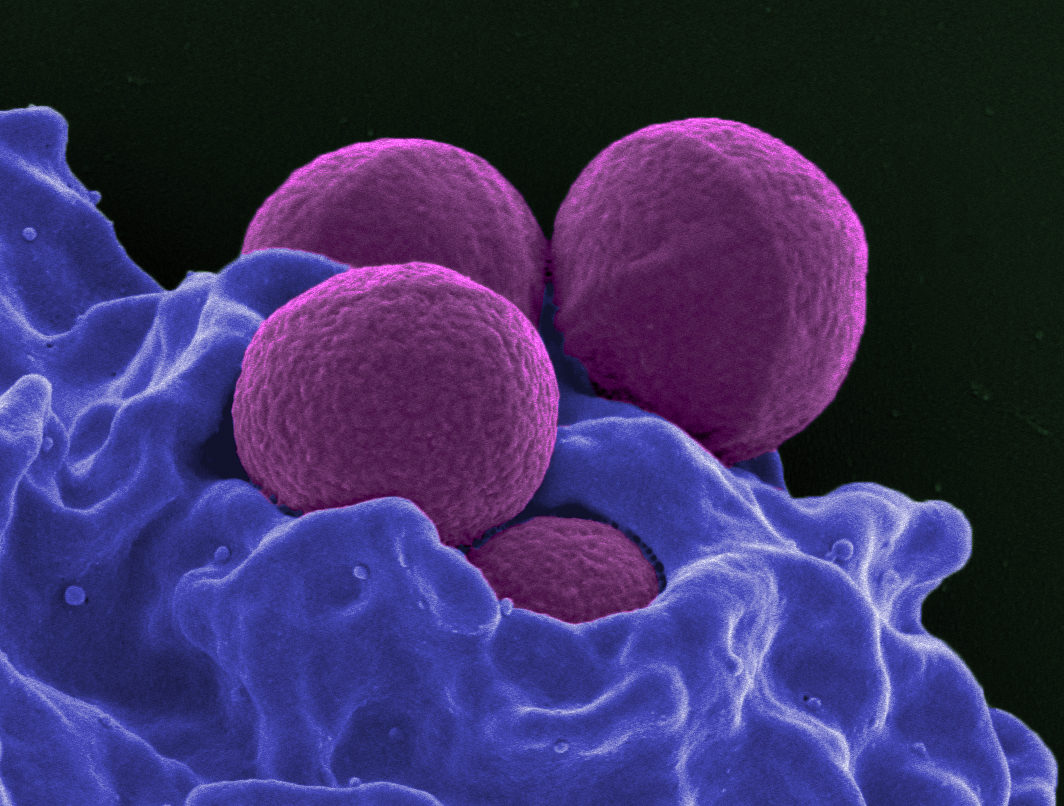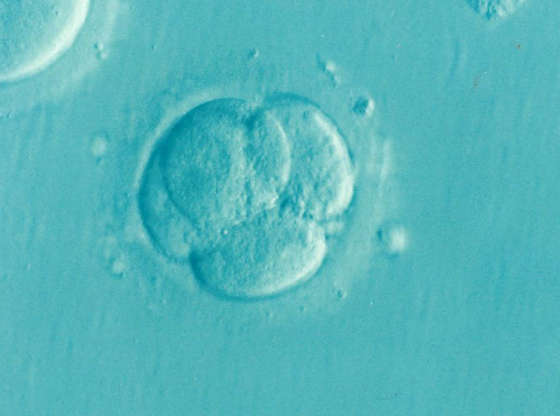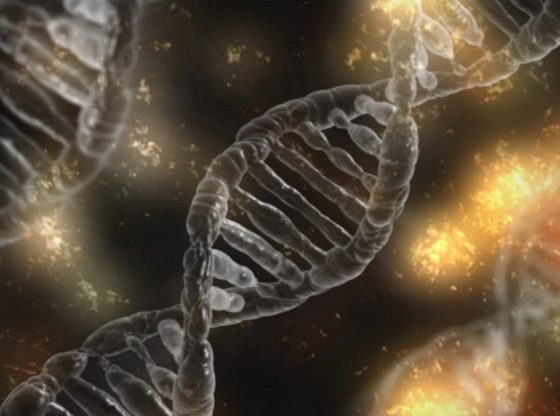Researchers have beefed up vancomycin, a key antibiotic used to treat severe infections.

In an attempt to fight antibiotic resistance, researchers at The Scripps Research Institute in the United States have changed vancomycin, an antibiotic used to treat severe infections. Making it able to kill the bacteria in three different ways.
“We made a change of the molecule vancomycin to overcome resistance and then we introduced two small genetic alterations that result in two additional mechanisms for killing bacteria,”
– Dr. Dale Boger, the lead researcher of the study published in the Proceedings of the National Academy of Sciences ( PNAS), to BBC News.
The new variant has not yet been tested in humans or animals, but laboratory trials show that it kills so-called vancomycin-resistant enterococci (VRE) and is almost as effective after 50 trial runs as after the first.
According to the researchers, the perfected antibiotic makes it difficult for the bacteria to develop resistance and is the first antibiotic to have three independent mechanisms of action.
“Organisms cannot find a way around three independent mechanisms at one and the same time. Even if it finds one way, it is killed by the other mechanisms.”
– Dr. Dale Boger
According to the WHO, VRE bacteria are one of the greatest threats to human health, as it occurs in hospitals where it can cause severe infections resulting in blood poisoning, while the number of antibiotics that affect the bacterium are few.
The researchers will now proceed with further tests, finding a way to synthesize the modified vancomycin using fewer steps in the lab, as the current method takes 30 steps. They hope that a new variant may be on the market within five years.
Reference:
Akinori Okanoa, Nicholas A. Isleya and Dale L. Boger Peripheral modifications of [Ψ[CH2NH]Tpg4]vancomycin with added synergistic mechanisms of action provide durable and potent antibiotics doi: 10.1073/pnas.1704125114






















